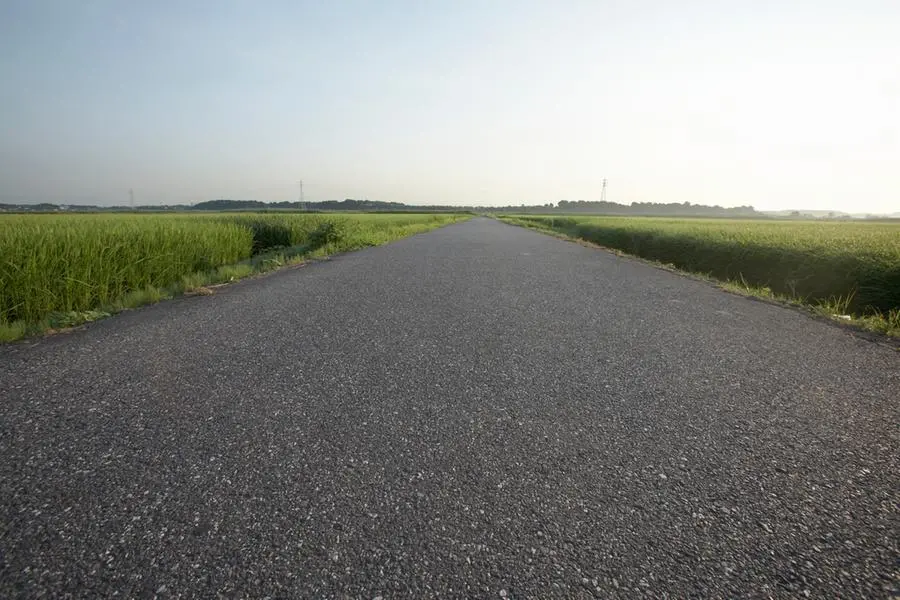PHOTO
MUSCAT: A groundbreaking research project led by Husam Al Dughaishi, Lecturer at the College of Engineering and Architecture at the University of Nizwa, explored the sustainable use of reclaimed asphalt pavement (RAP) materials in Oman’s growing infrastructure.
The innovative study, titled “Encouraging Sustainable Use of RAP Materials for Pavement Construction in Oman: A Review,” aimed to support environmentally friendly pavement construction while addressing the country’s development goals outlined in Oman Vision 2040.
With rapid development over the past three decades, Oman has made strides in constructing sustainable infrastructure. However, concerns over the depletion of natural resources and the impact of carbon dioxide emissions remain key issues.
Al Dughaishi emphasised the importance of finding economical and sustainable alternatives to preserve resources while supporting the nation’s development goals.
One solution highlighted in the research was the use of RAP materials in new pavement projects.
By reusing demolished asphalt pavement, new construction could save on costs and reduce the consumption of natural resources.
However, a challenge arose in ensuring the durability of these mixtures. RAP could affect the mixture’s resistance to permanent deformations, like fatigue cracks, that could reduce the long-term performance of asphalt pavements.
Al Dughaishi explained that while previous studies had found that RAP improved the stiffness and rutting resistance of asphalt at high temperatures, the effects on thermal and fatigue cracking were less clear. The research aimed to clarify those concerns and encourage the adoption of RAP in pavement construction across the Gulf region.
The study’s findings stressed that creating high-quality RAP mixtures is more challenging than using conventional asphalt. The design of RAP mixtures should be handled by experienced engineers and tailored to meet specific standards and environmental considerations.
Furthermore, ensuring consistent quality throughout the reclamation process - from old pavement recovery to final paving - was critical.
Al Dughaishi also recommended the Cold In-Place Recycling (CIR) method, which offered an energy-efficient, cost-effective solution with lower greenhouse gas emissions compared to other recycling methods.
The CIR method allowed RAP to be reused as granular base material for various applications, including roadways, airport runways, and other infrastructure.
The research was published in MDPI’s Recycling journal, a leading open-access publication in the field of sustainable recycling and waste management.
Al Dughaishi was joined by co-researchers Abdalrhman Milad, Jawad Al Lawati, Munder Bilema, Ali Mohammed Babalghaith, Nuha S. Mashaan, and Nur Izzi Md. Yusoff.
The project received support from the Ministry of Higher Education, Research and Innovation’s Publication Support Programme, which aided in disseminating research in top-tier journals.
The study represented a significant step toward promoting more sustainable infrastructure practices in Oman, aligning with broader efforts to reduce environmental impact and contribute to a greener future.
© Muscat Media Group Provided by SyndiGate Media Inc. (Syndigate.info).





















